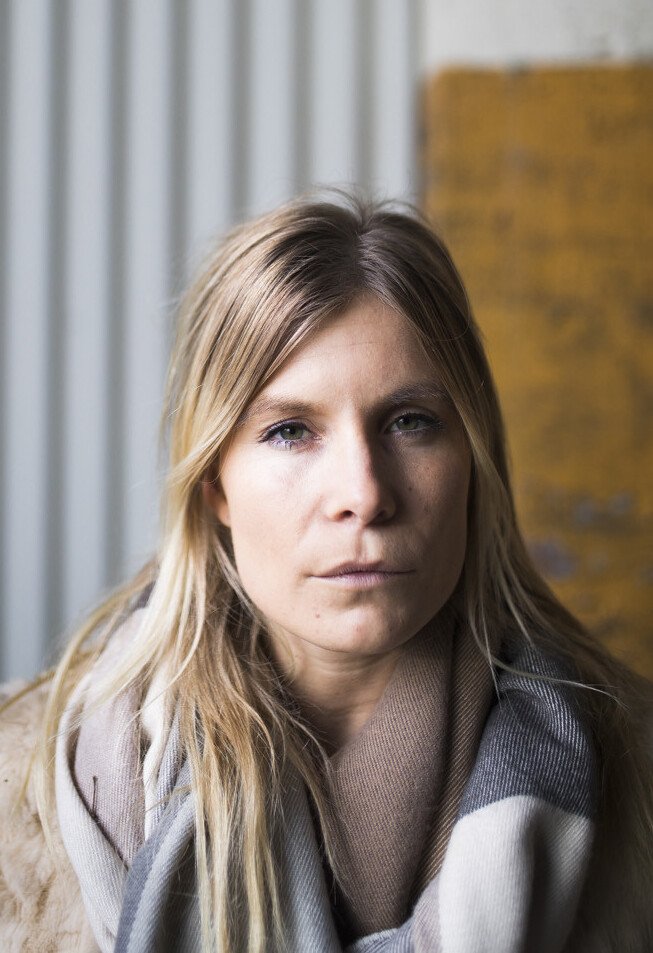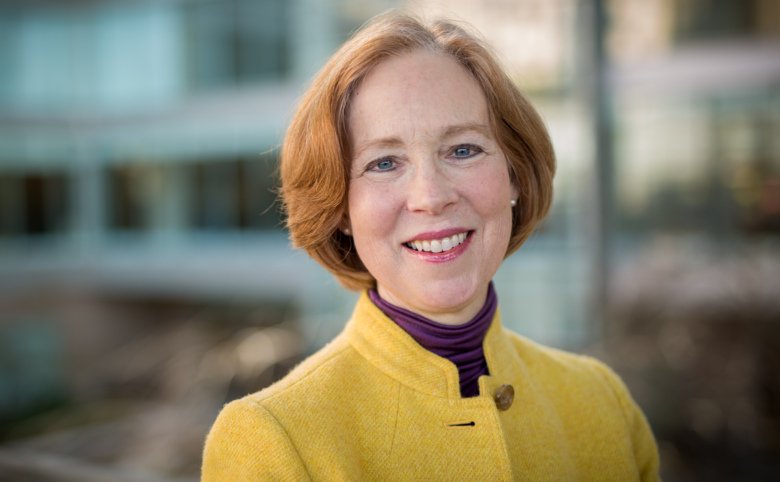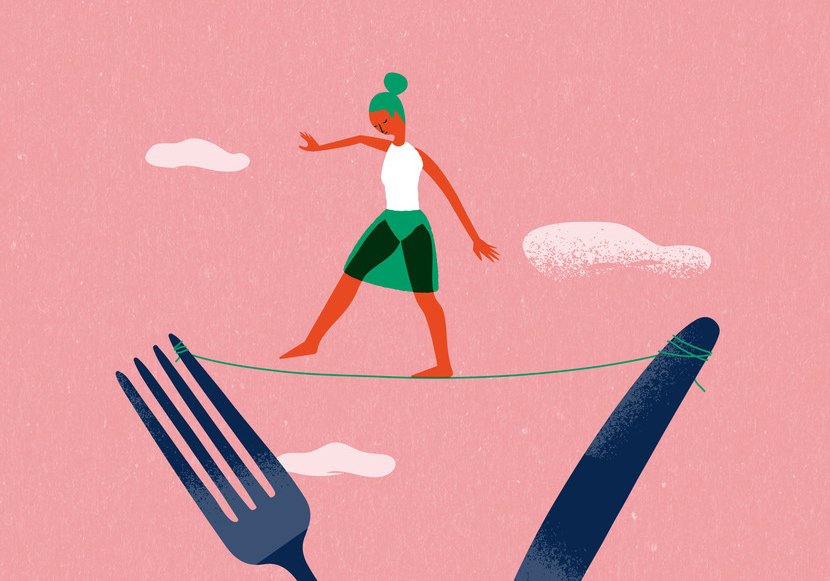Malin got well from eating disorder
Name: Malin Lagerstedt
Age: 29
Profession: School counsellor. Also holds talks on eating disorders and is the author of the autobiography “Kenneth's Puppet” (in Swedish). Is a mentor for affected families.

Told to: Cecilia Odlind First published in Swedish in Medicinsk Vetenskap No 4/2017 / Spotlight on eating disorders
"When I began upper secondary school, I was a high-achieving big sister. After the first term, I was very tired and in need of rest. But a long-awaited vacation trip was cancelled due to the tsunami in South East Asia and the family stayed at home in an unfinished house renovation. The second term began with me 'getting only B+' in a maths test. I remember the teacher’s words: 'You weren’t good enough, Malin'. As a kind of punishment I began to eat less and lost weight quickly.
Soon thoughts about calories took over my life. The child and adolescent psychiatric clinic said I 'wasn’t that skinny'. That made me think 'I’ll show them'. My treatment was that I was weighed and my food was registered by a nurse, which made me even more fixated.
I gradually lost faith in the healthcare system and no longer wanted to live. My rescue came via a private clinic.
Treatment there was on several levels: I got to work with my body image and self-esteem, as well as how I handled anxiety. My parents were given support in how they could help me to eat properly again – it was a constant battle. I was also prescribed antidepressant medication. Slowly I began to get better. In third grade, I was able to be part of winning the national championships in group gymnastics. To once again be able to take part in sports and feel a sense of community with the team meant a very great deal. I think healthcare needs to take early signals much more seriously; it’s easier to help someone who hasn’t yet become too sick.
Seeing the individual is also important. I don’t think it’s possible to find a treatment that will help everyone. Living as a healthy anorexic poses a risk of becoming ill again and I’ve suffered two serious setbacks. But in the end I decided not to deal with crises in my life through my eating. The fact that I am a role model for many young victims represents a strong motivation for me. I’m living proof that you can get well again.”
More reading
 Photo: Brian Strickland
Photo: Brian StricklandMapping the genes behind eating disorders
In order to better understand the genetics behind eating disorders, KI Professor Cynthia Bulik is launching a major international study that will gather hundreds of thousands of saliva samples and questionnaire responses.
 Photo: Jens Magnusson
Photo: Jens Magnusson